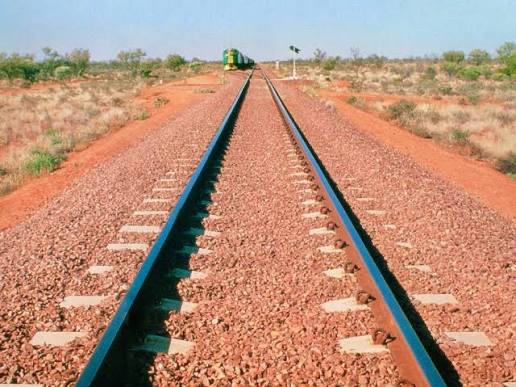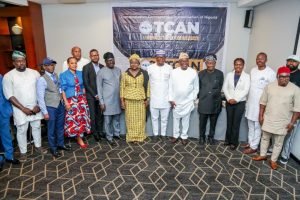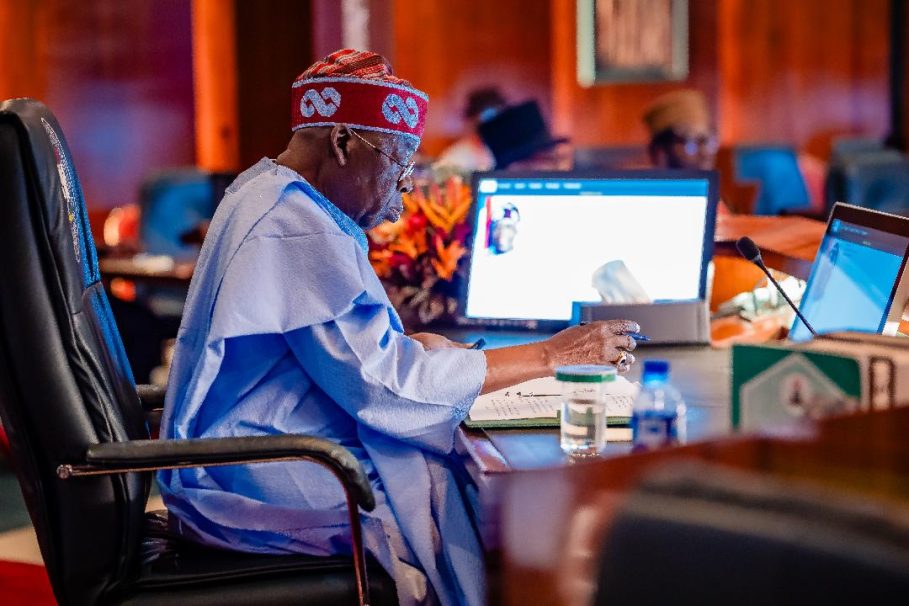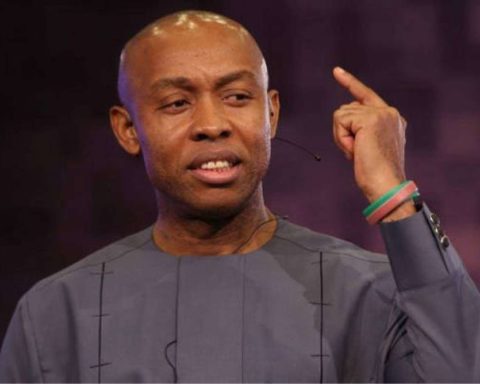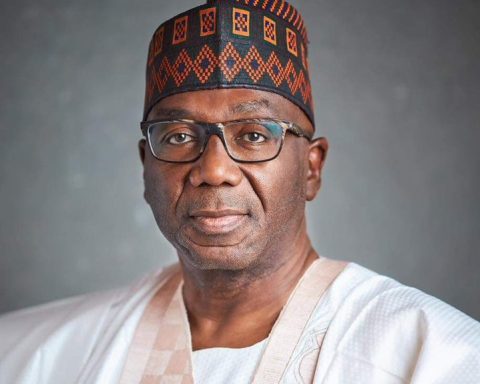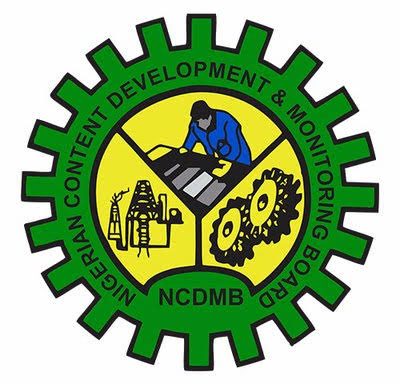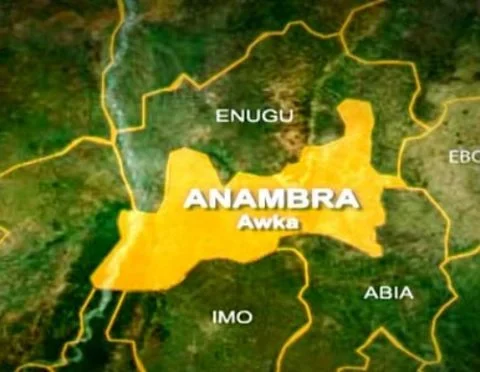The Federal Government has reaffirmed that the Kano–Maradi standard-gauge railway will extend to Katsina State by December 2025, with full completion of the entire corridor projected for March 2027, Minister of Transportation Sa’idu Ahmed Alkali said on Wednesday.
Alkali gave the update at the annual summit of the Transportation Correspondents Association of Nigeria (TCAN) held in Ikeja, Lagos.
Join our WhatsApp ChannelThe conference, themed “Driving the Transport Logistics Value Chains for Economic Growth,” gathered key players in Nigeria’s transport and logistics industry to discuss strategies for strengthening infrastructure and trade integration.
Representatives in attendance included the Hon. Minister of Marine and Blue Economy, Gboyega Oyetola; the Managing Director of the Nigerian Railway Corporation (NRC), Dr. Kayode Opeifa, who represented Minister Alkali; officials of the Lagos State Ministry of Transportation; the Nigerian Ports Authority (NPA); Lagos State Waterways Authority (LASWA); Lagos State Parking Authority (LASPA); the Dangote Group; the Nigerian Shippers’ Council; and Truck Transit Parks (TTP), among others.
According to the minister’s representative, work on the Kano–Maradi rail line has reached about 61 percent completion, marking steady progress on a project flagged off in 2021.
The government expects trains to reach Katsina by December 2025, while the full 284-kilometre line connecting Kano to Maradi in Niger Republic is scheduled to become operational by March 2027.
The line will traverse key commercial hubs including Kano, Jigawa, Daura, Katsina, and Jibia before crossing into Maradi. Designed as a single-track standard gauge, it will support passenger trains running at speeds of up to 160 km/h and freight services to move goods, farm produce, and minerals across the region.
READ ALSO: FG Begins Light Rail Construction in Northern States, Delivers Thousands of Housing Units
Reactions Trail Nigerian Govt’s $747m Loan To Finance Lagos-Calabar Highway
The project is being executed by Mota-Engil Nigeria Limited under an Engineering, Procurement, and Construction (EPC) contract, financed through a combination of Nigerian government funds and international credit facilities. The contract value is estimated at $1.96 billion, with funding sourced from a consortium of international lenders.
Beyond physical infrastructure, the rail line is expected to lower transport costs, decongest Nigeria’s highways, and create a new economic corridor linking Nigeria to Niger Republic. Analysts note that the connection to Maradi could enhance Nigeria’s position within the African Continental Free Trade Area (AfCFTA) by facilitating faster movement of goods between West African markets.
Despite the optimistic timeline, experts caution that factors such as funding disbursement, security challenges, and cross-border coordination could affect delivery dates. Government officials, however, insist that the December 2025 milestone for Katsina remains achievable with sustained funding and contractor commitment.
The TCAN summit served as a reminder that rail infrastructure is not just about transportation but about unlocking economic growth. Stakeholders at the conference called for stronger public-private partnerships and policy consistency to ensure that projects like the Kano–Maradi rail deliver lasting benefits to Nigeria and the wider West African region.
If delivered on schedule, the Kano–Maradi railway will not only strengthen trade ties with Niger Republic but also open export routes for northern Nigeria’s agricultural produce, improve supply chains, and create jobs across construction, logistics, and manufacturing sectors.
Industry experts say the project could transform Kano and Katsina into regional trade hubs, boosting revenue for states along the route.
Amanze Chinonye is a Staff Correspondent at Prime Business Africa, a rising star in the literary world, weaving captivating stories that transport readers to the vibrant landscapes of Nigeria and the rest of Africa. With a unique voice that blends with the newspaper's tradition and style, Chinonye's writing is a masterful exploration of the human condition, delving into themes of identity, culture, and social justice. Through her words, Chinonye paints vivid portraits of everyday African life, from the bustling markets of Nigeria's Lagos to the quiet villages of South Africa's countryside . With a keen eye for detail and a deep understanding of the complexities of Nigerian society, Chinonye's writing is both a testament to the country's rich cultural heritage and a powerful call to action for a brighter future. As a writer, Chinonye is a true storyteller, using her dexterity to educate, inspire, and uplift readers around the world.


